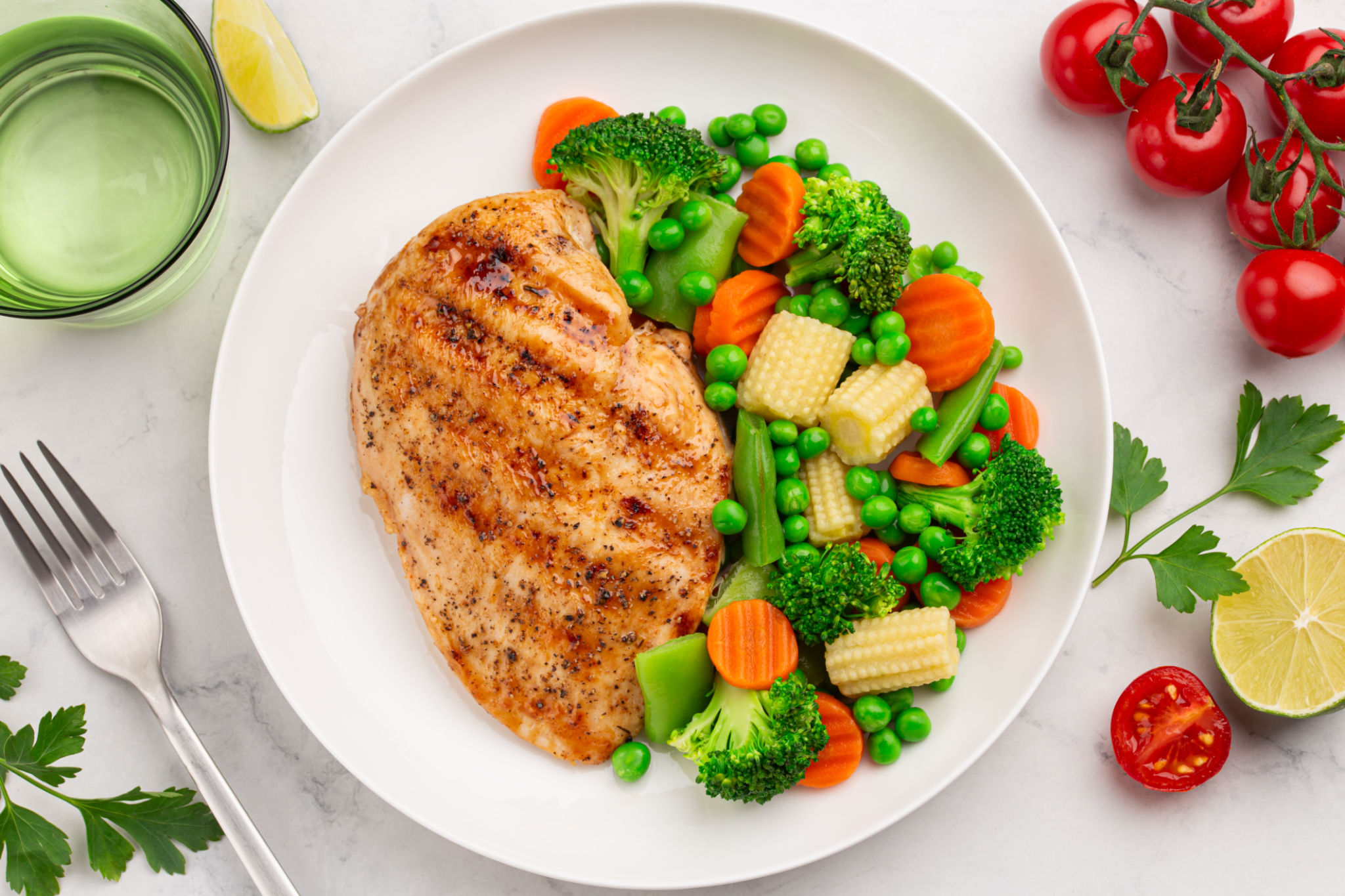Why Zero Oil Cooking is the Healthier Option: A Deep Dive
Understanding Zero Oil Cooking
In the quest for healthier eating habits, many people are turning to zero oil cooking. This method eliminates the use of added oils while preparing meals, focusing instead on natural flavors and the inherent moisture in foods. By doing so, it offers a way to enjoy delicious meals without compromising on health benefits.
Zero oil cooking isn't just about cutting calories; it's about enhancing the nutritional value of your meals. By avoiding processed oils, you reduce the intake of unhealthy fats, which can contribute to various health issues. This method encourages the use of alternative cooking techniques such as steaming, baking, and grilling to retain the natural taste and nutrients of ingredients.

The Health Benefits of Zero Oil Cooking
One of the most significant advantages of zero oil cooking is its positive impact on heart health. Consuming foods high in saturated and trans fats, often found in processed oils, can increase cholesterol levels and lead to heart disease. By eliminating these oils, you reduce the risk of cardiovascular problems.
Moreover, zero oil cooking helps in weight management. Without the added calories from oils, meals become more nutritious and less calorie-dense, making it easier to maintain a healthy weight. This approach also promotes the use of fresh ingredients, which are typically lower in calories and higher in essential nutrients.
Improved Digestion and Nutrient Absorption
Cooking without oil can also enhance digestion and nutrient absorption. Oils can sometimes coat food with a layer that hinders the body's ability to absorb vitamins and minerals efficiently. By removing oil, you're allowing your body to access more nutrients from the food you consume, improving overall digestion and health.

Techniques for Zero Oil Cooking
Transitioning to zero oil cooking doesn't mean sacrificing flavor. There are several techniques you can use to ensure your meals remain tasty and satisfying. Steaming is a popular method that preserves the natural flavors and nutrients of vegetables. Baking is another excellent option, especially for enhancing the taste of proteins like fish and chicken.
Grilling and roasting can also be used to add a smoky flavor to your dishes without the need for oil. These methods allow fats in meats to render naturally, providing moisture and taste without the need for added oils. Additionally, using spices and herbs can significantly enhance the flavors of your meals, making them more enjoyable.

Practical Tips for Getting Started
For those new to zero oil cooking, starting with simple recipes can make the transition easier. Begin by focusing on meals that naturally lend themselves to oil-free cooking, such as soups, stews, and salads. Gradually expand your repertoire as you become more comfortable with the techniques.
Investing in quality non-stick cookware can also be beneficial, as it allows you to cook without oil without the risk of food sticking to the pan. Experiment with different cooking methods to discover what works best for you and your family. Remember that the key to successful zero oil cooking is creativity and an open mind.
Conclusion: Embracing a Healthier Lifestyle
Zero oil cooking is more than just a trend; it's a lifestyle change that can lead to significant health benefits. By reducing the intake of unhealthy fats and focusing on fresh, natural ingredients, you can improve your overall well-being. Whether you're looking to manage your weight, boost heart health, or simply enjoy better nutrition, zero oil cooking offers a path to a healthier life.
Embrace the change and explore the myriad possibilities that zero oil cooking has to offer. With time, you'll find that this approach not only benefits your health but also enhances your enjoyment of food, making it a rewarding experience for both body and soul.
